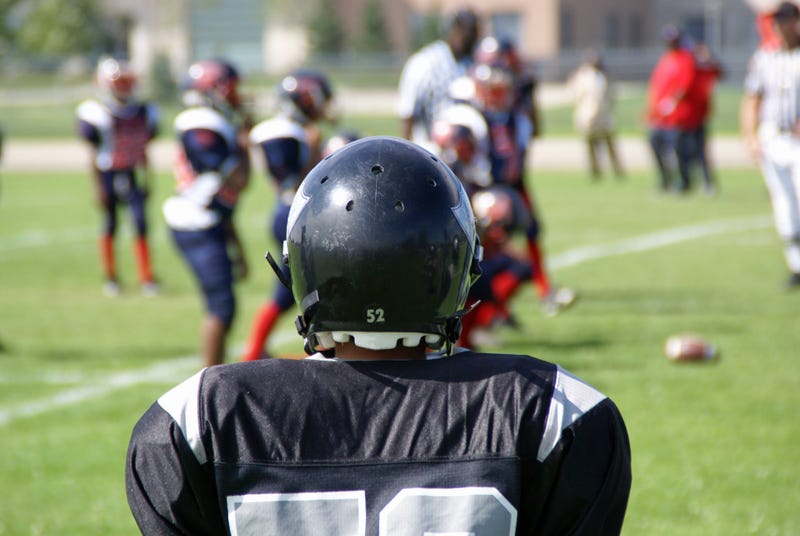
(WWJ) – It’s no secret that Americans love football. But what about when it comes to our youth playing the game?
The country seems to be deeply divided about whether kids should play tackle football, according to a new study from The Ohio State University.
About 45% of Americans say tackle football is appropriate for kids, 50% say it’s not and the rest aren’t sure.
The findings come as participation in youth tackle has declined with growing concern about the effects of concussions on young brains, according to Mariah Warner, lead author of the study and a doctoral student in sociology at OSU.
“Football may still be very popular overall, but many people don’t think it is appropriate for kids, most likely because of safety issues,” she said.
The are several factors in play, such as race, ethnicity and socioeconomic status, according to the study.

Chris Knoester, co-author of the study, told WWJ Health Reporter Dr. Deanna Lites that Black and Hispanic adults were more supportive of youth tackle football compared to white adults.
He also said the survey found people who had a college education were much more likely than people without a college education to be opposed to tackle football for kids.
“Similarly, adults from households with higher incomes were more opposed to kids playing tackle football,” Knoester said.
“For less-advantaged people, football is seen as one of the only ways they can get ahead in society, which may explain why they support it for kids,” Warner said. “It’s a way to get to college and maybe even play as a professional. They want to give their children that opportunity.”
Survey data came from the National Sports and Society Survey (NSASS), sponsored by Ohio State’s Sports and Society Initiative.
The survey was completed by 3,993 adults who volunteered to participate through the American Population Panel, run by Ohio State’s Center for Human Resource Research.
Participants, who live in all 50 states, answered the survey online between the fall of 2018 and spring of 2019. Because NSASS participants are disproportionately female, white and Midwestern, the researchers weighted the survey results to reflect the U.S. population more accurately.

